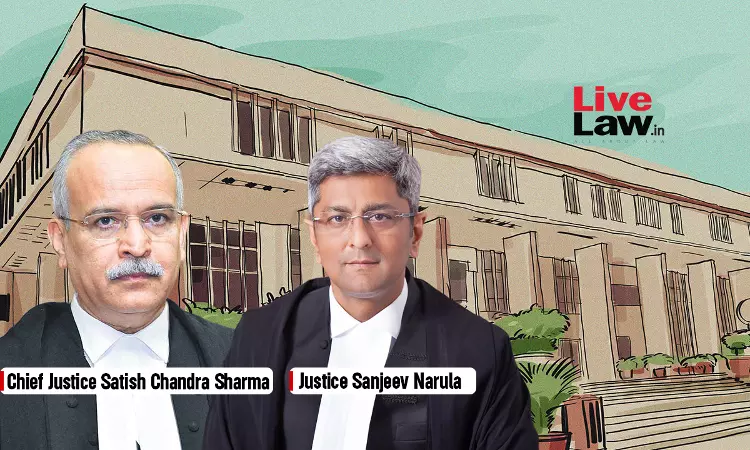The Delhi High Court has dismissed the writ petition challenging the Central Government’s decision to convert the Ordnance Factories Board (OFB) from a government department into seven public sector companies.In 2021, the Government of India decided to corporatize the functions of 41 production units (Ordnance Factories) of the OFB. Vide notification dated 01.10.2021, the OFB was converted...

